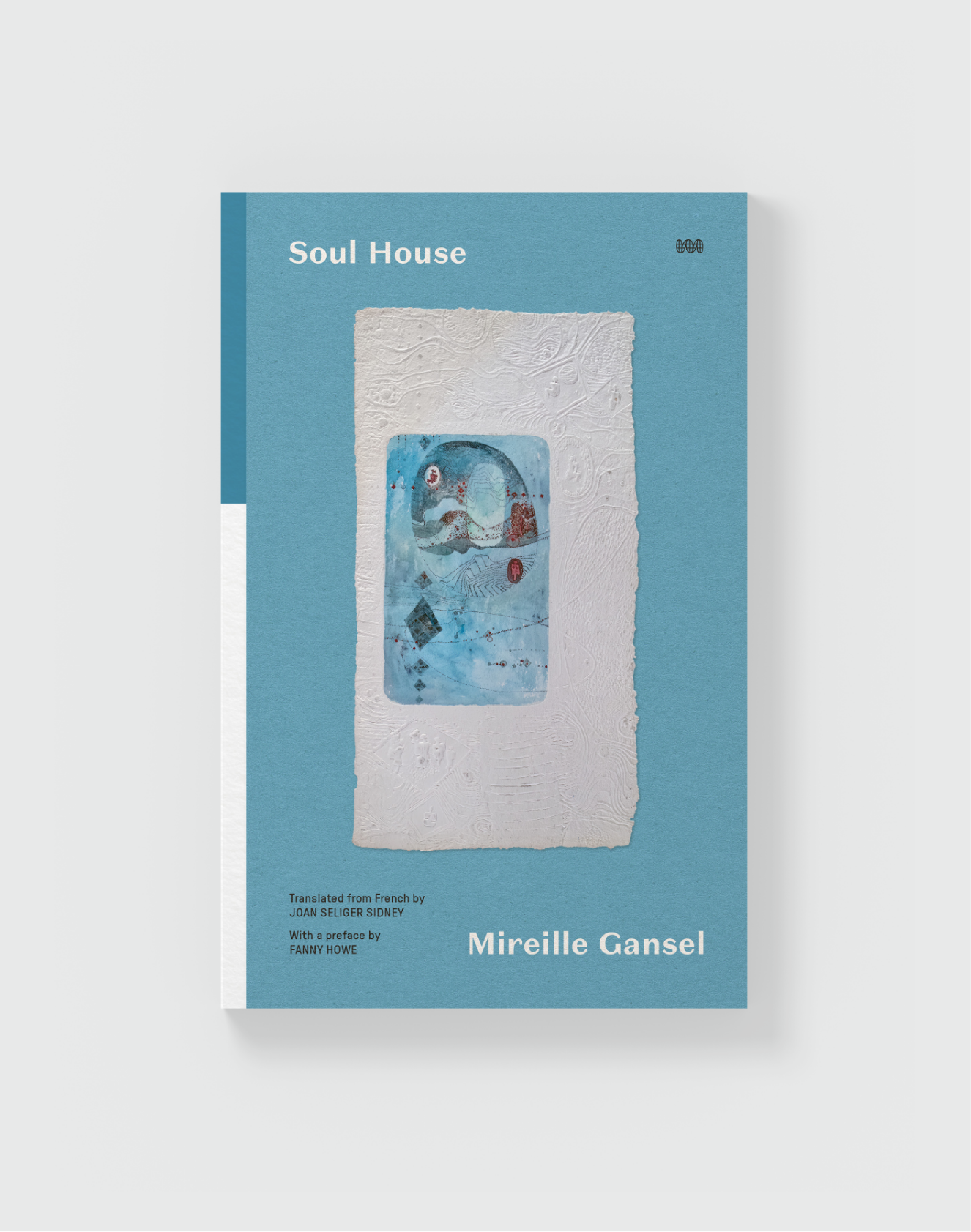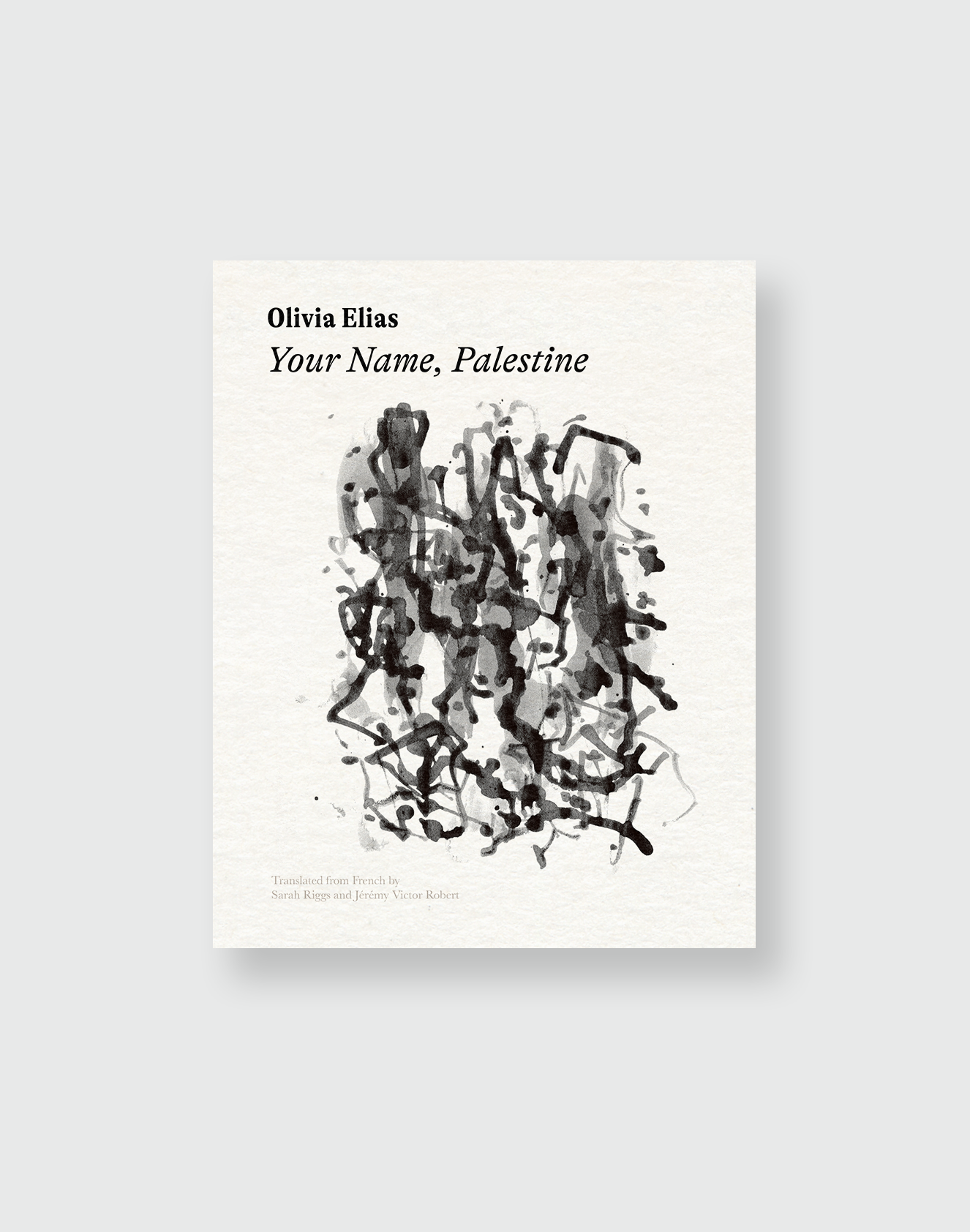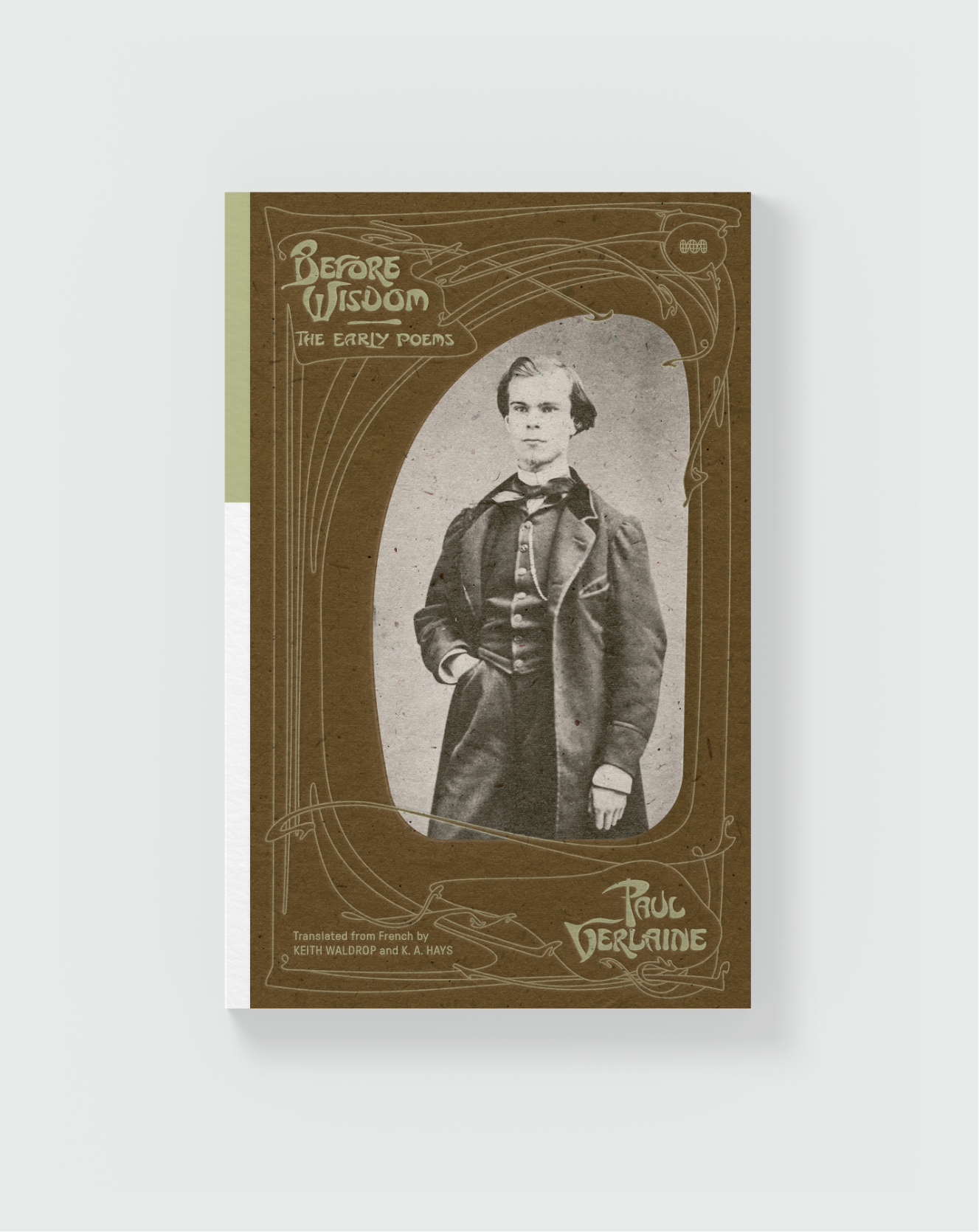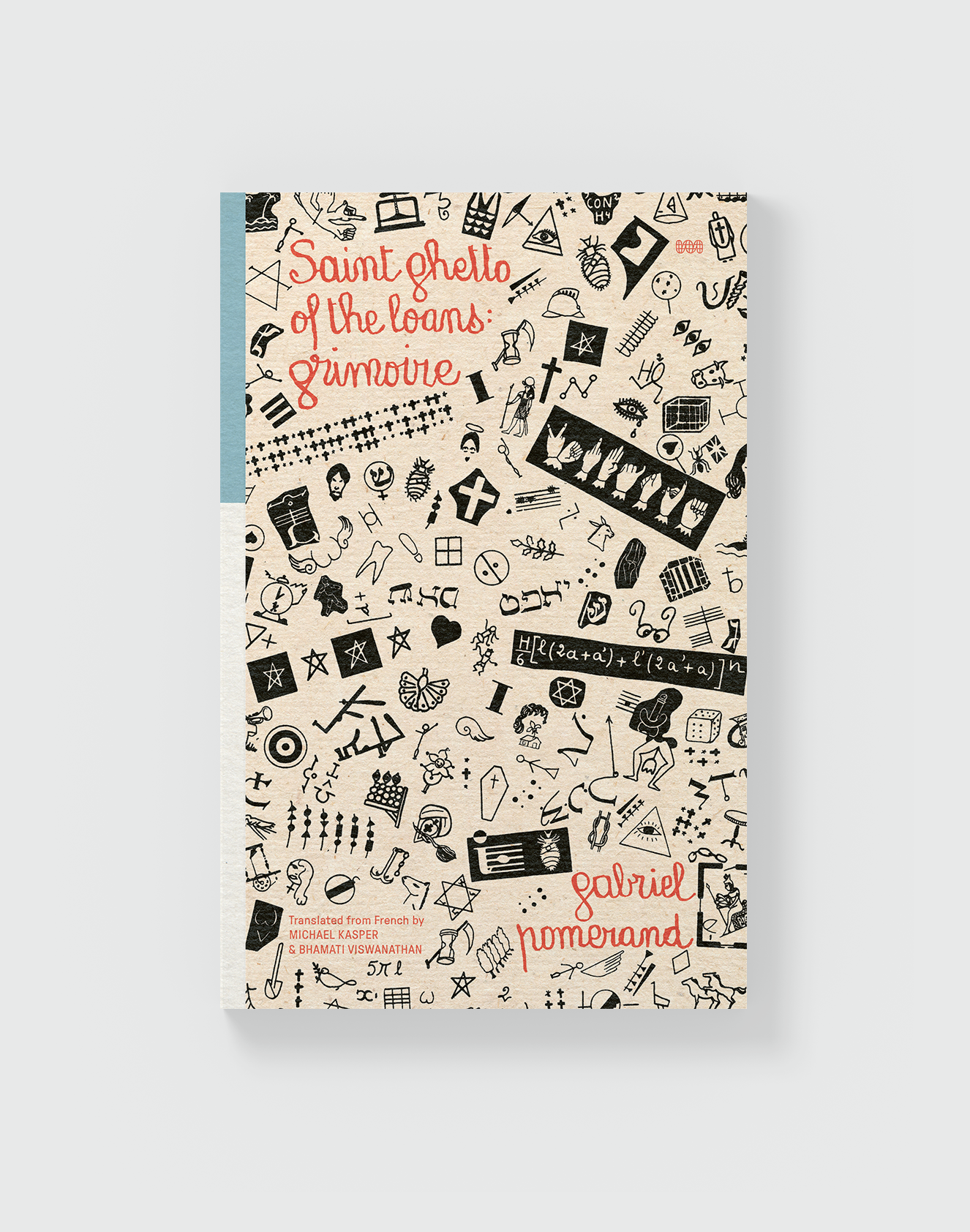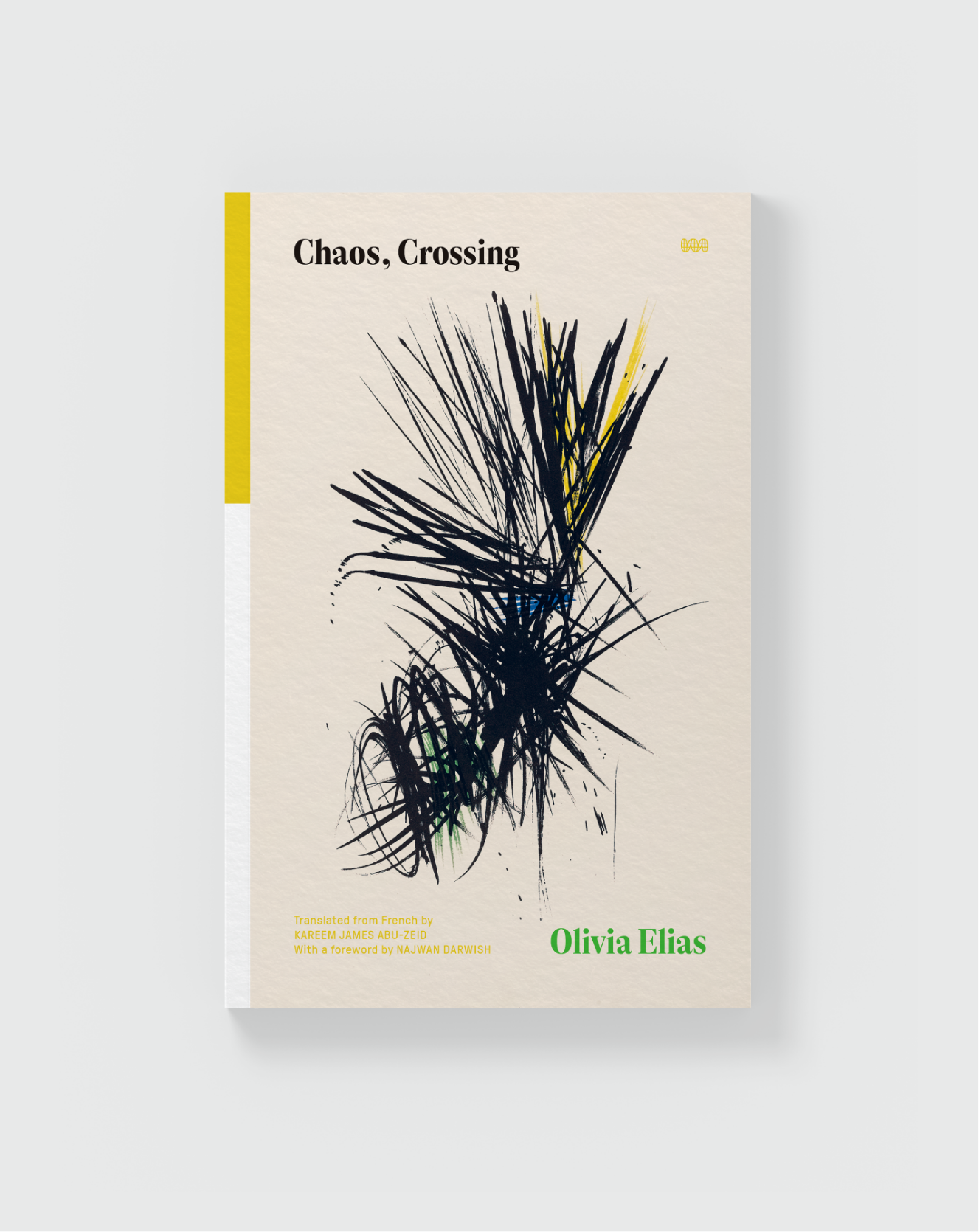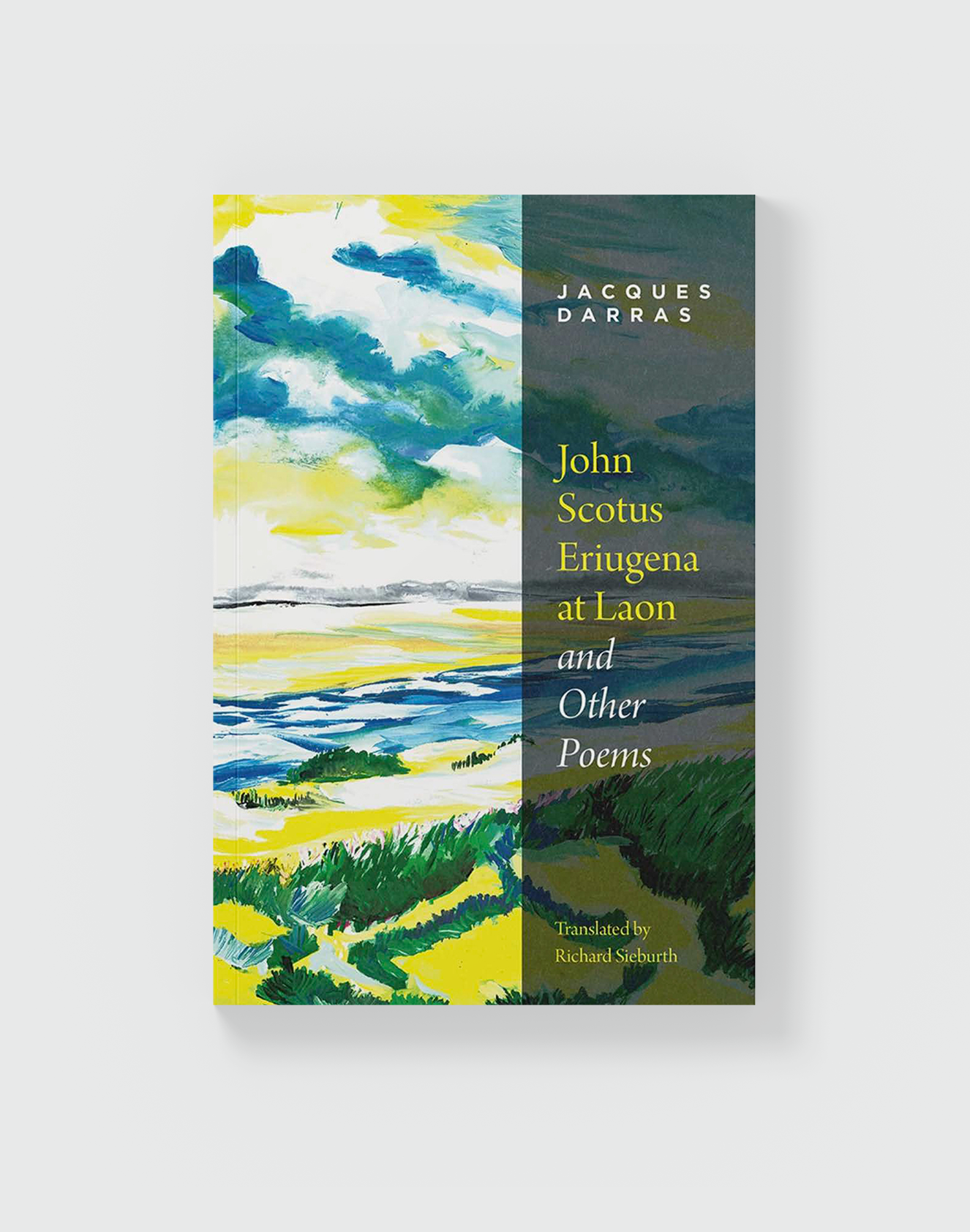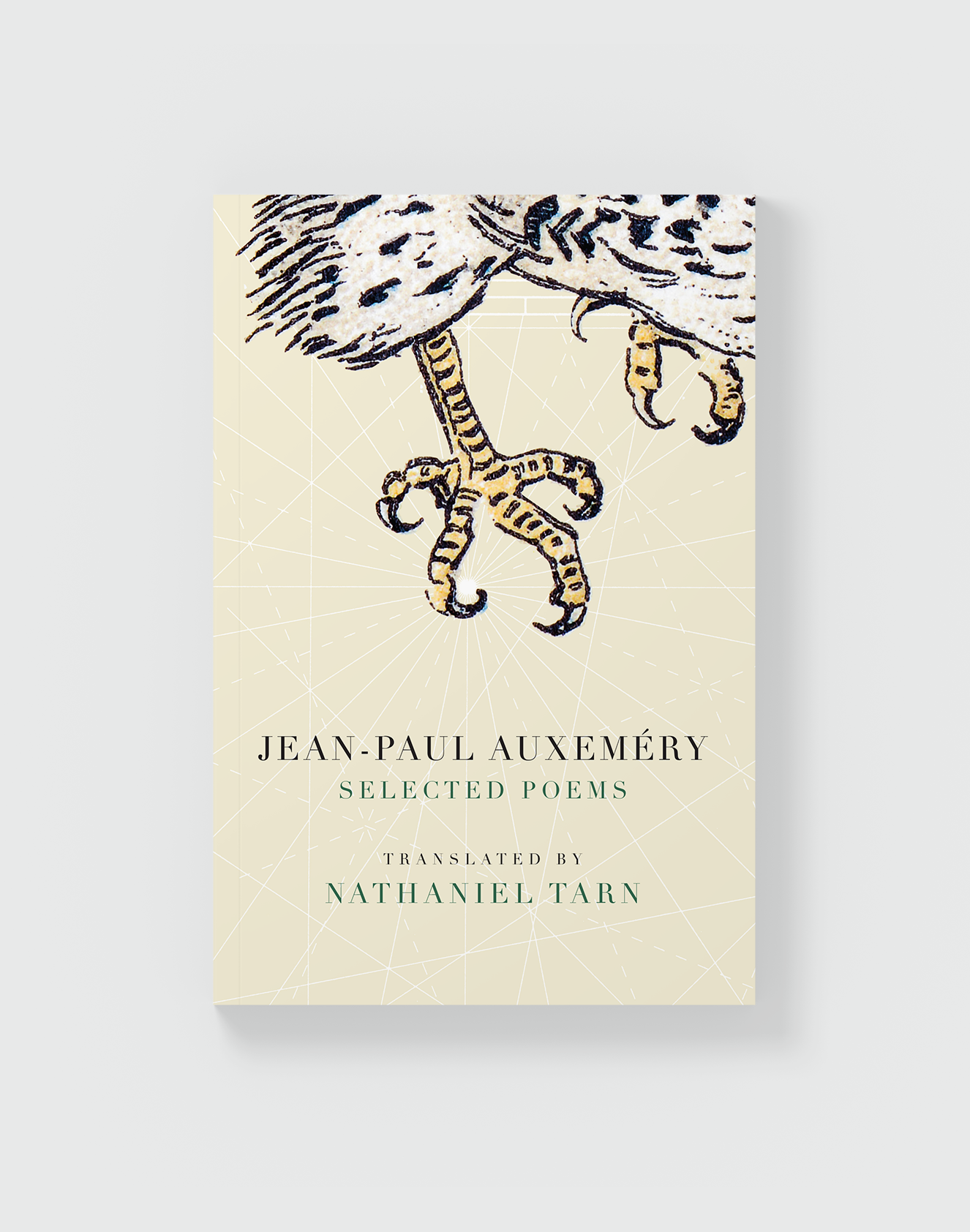IBRAHIM NASRALLAH - PALESTINIAN
$10 from each online pre-order as well as from copies sold at the author’s October events will be donated to KinderUSA, the leading American Muslim organization focused on the health and well-being of Palestinian children.
-
Limited Edition Chapbook
Bilingual Edition
40 pages
October 1, 2024
Ibrahim Nasrallah
Palestinian
Translated from Arabic by
HUDA J. FAKHREDDINE
Written during an ongoing genocide in Gaza, these four new poems by award-winning Palestinian poet and novelist Ibrahim Nasrallah call out the world’s blindness towards Palestine, its tragedy, and the Nakba that has persisted since 1948.
“I write now so that I do not die,” Nasrallah insists, and “every time they try to erase us, we become clearer.” These poems of resistance and agency are dedicated to Gaza, that small strip of land, which has become as large as the world, and whose struggle for survival is a project to liberate the world from darkness and tyranny. Translator Huda Fakhreddine’s interview with the author completes this special edition chapbook.
“Nasrallah’s verses, imbued with spiritual and political intensity, offer a way to engage with the horrors of war and our complacent global culture. The spiritual quality of these verses offers a way for us to observe and participate in the ambition of a poet’s interiority of experience: the horrors of war and our complacent culture that conceives of itself as global with fitting concerns.” —Nicholas Skaldetvind, World Literature Today
“Are these poems a ‘Cri du coeur?’ No, they are a scream of the whole body, mind & spirit. As Ammiel Alcalay wrote, to speak of Palestine you must speak of ‘a place that once existed, but does not yet exist.’ But as Ibrahim Nasrallah does in these poems (excellently translated by Huda Fakhreddine) you can & have to affirm your existence as a Palestinian while mourning those killed & a land not yet there, & even though ‘the Palestinian no longer has the right to a grave,’ he ‘will not disappear,’ but is gathered ‘in the G and the A and the Z and the A.’” —Pierre Joris
“‘We are inside a large prison, but it is not made of walls and bars. It is a great wound we have been thrust into,’ poet Ibrahim Nasrallah tells translator Huda Fakhreddine. And from the depths of the great wound, these four sweeping poems elegize and insist on naming what Palestinians have been made to endure over the past 76 years of Nakba, culminating in the current genocide. Fakhreddine’s translations are a tribute to Nasrallah’s poems—her gifts as both scholar of and reader with authentic reverence for the Arabic poetic tradition offer us poems as electric and devastating as the original texts.” —Lena Khalaf Tuffaha, author of Something About Living
IBRAHIM NASRALLAH is a Palestinian poet, novelist, painter, and photographer. He was born in Amman, Jordan, in 1954 to parents uprooted from their home in Palestine in 1948. To date, Nasrallah has published 14 poetry collections, 2 books of film criticism, and 24 novels, 14 of which make up his epic Palestinian Tragicomedy series covering 250 years of modern Palestinian history. He has won many awards and honors, among them the International Prize for Arabic Fiction (The Arabic Booker) in 2018, the Palestine Prize in 2022, and the Grand Prize for the Novel from the Turkish Authors’ Association in 2023. Nasrallah is the only two-time winner of the Katara Prize for Arabic Novels: in 2016 for his novel The Spirits of Kilimanjaro and in 2020 for his novel A Tank Under the Christmas Tree.
HUDA J. FAKHREDDINE is a writer, translator, and Associate Professor of Arabic Literature at the University of Pennsylvania. She is the author of Metapoesis in the Arabic Tradition (Brill, 2015) and The Arabic Prose Poem: Poetic Theory and Practice (Edinburgh University Press, 2021), and the co-editor of The Routledge Handbook of Arabic Poetry (Routledge, 2023). Her book of creative non-fiction titled Zaman s̩aghīr taḥt shams thāniya (A Brief Time Under a Different Sun) was published by Dar al-Nahda, Beirut, in 2019. Her translations of Arabic poems have appeared in Banipal, World Literature Today, Nimrod, ArabLit Quarterly, Asymptote, and Middle Eastern Literatures, among many others. She is co-editor of Middle Eastern Literatures and an editor of the Library of Arabic Literature.
PRESS
Reviewed by Amanda Holmes Duffy for Washington Independent Review of Books
Reviewed by Nicholas Skaldetvind for World Literature Today
World Literature Today’s 75 Notable Translations of 2024
Reviewed by Nicholas Skaldetvind for World Literature Today
Reviewed by Ali Al-Jamri for Another Chicago Magazine
Lena Khalaf Tuffaha Interviews Huda Fakhreddine for Words Without Borders





